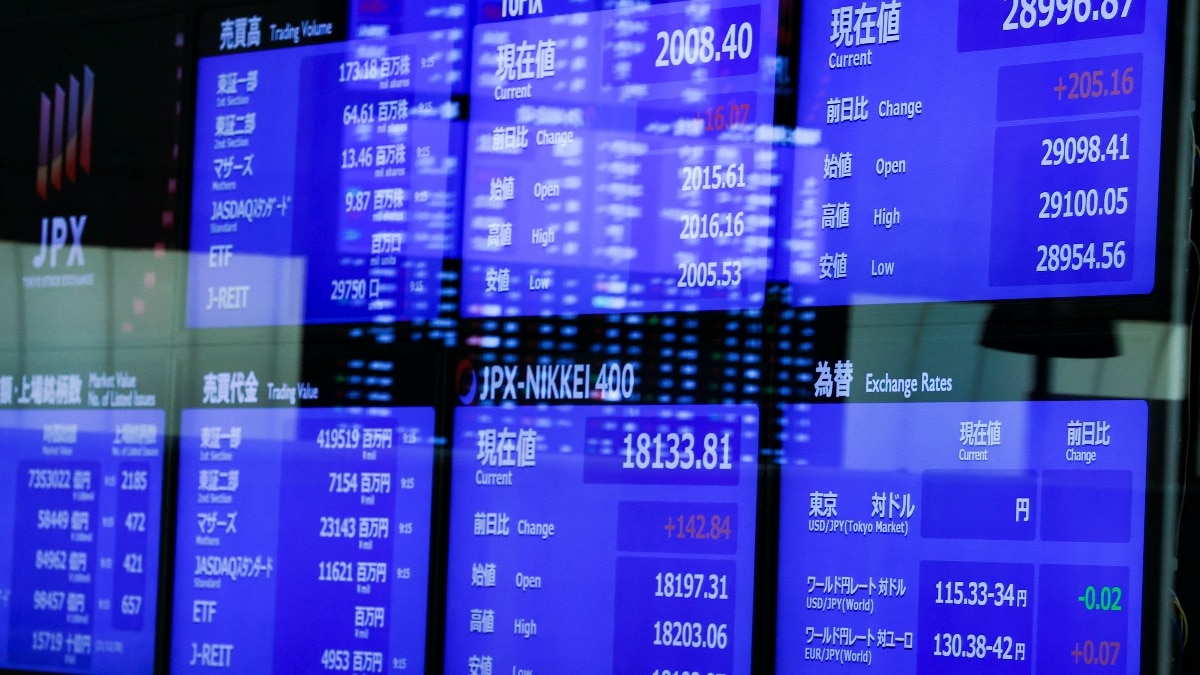Wow thanks for the detailed analysis. This is great. You poked some holes I didn’t see. From my amateur research most advocates for holding international cite a period (can’t remember exact) of maybe 1970-90 where it did better and then say “can you predict that US will always do better?”.Short answer: Confirmed! Sell it.
Long answer: Let's talk international markets!
Way back when the dinosaurs roamed, there was a theory that holding international made sense as a hedge against the US dollar and US monetary policy. The past 25 years or so has not borne that thesis out.
IXUS has a lot of exposure to large international corporations with a global customer base. Meaning it has substantial exposure to the US market and US monetary policy, which itself is ALSO made up of large international corporations with a global customer base (Apple vs Samsung, Nvidia vs TSM, Eli Lily vs Novartis, Tesla vs. Toyota, Exxon vs. Shell, P&G vs Unilever, etc etc etc--admittedly, the weights are heavier in S&P, but the concept holds). So what is this hedge really doing?
Let's do the sniff test first. Doesn't seem to be insulated from any macro declines:
View attachment 512685
However, a hedge still has value if it falls but falls less (or grows more) than the thing it is hedging against, so let's look at every year IXUS outperformed FXAIX over the last decade-ish and see what you 'saved' due to the hedge:
View attachment 512684
Not very impressive. Note that down year in 2018, where IXUS lost more vs. FXAIX than it saved in sum over a decade. So it isn't even a reliable hedge against short-term adverse conditions. And to get that spotty hedge above, you had to give up something like +250% returns over the last 10 years.
True EM (not EM like... China EM) might do better as a hedge due to their differing industry mix and reach, but understand that the thing you're hedging against in that case isn't really the US dollar, it's global market exposure. And hedging the risks also means hedging the benefits.
For me, the US market is sufficiently diverse, and my belief is that (as above) domestic gains in the long term will outweigh any international short-term 'shock absorption' capabilities.
Side note, I'm not sure if you meant to use bp as in basis points, which are 1/100th of a percentage point.
It seems like some trump card they use that completely neglects how the world has changed over the past 2-3 decades due to technology and globalization. It’s a bit frustrating because as an amateur investor it seems like there’s lots of these trump cards that are thrown around.
I think advocates of holding intl in some amount would say you are displaying “recency bias”. Is that a bad thing? A lot has changed in the last 3 decades..
Yeah whoops, I used bp wrong.
Im gonna take a minor loss and probably move out of these positions and throw them all into FXAIX. Appreciate you taking time on a Saturday morning to break this down.
- 1
















